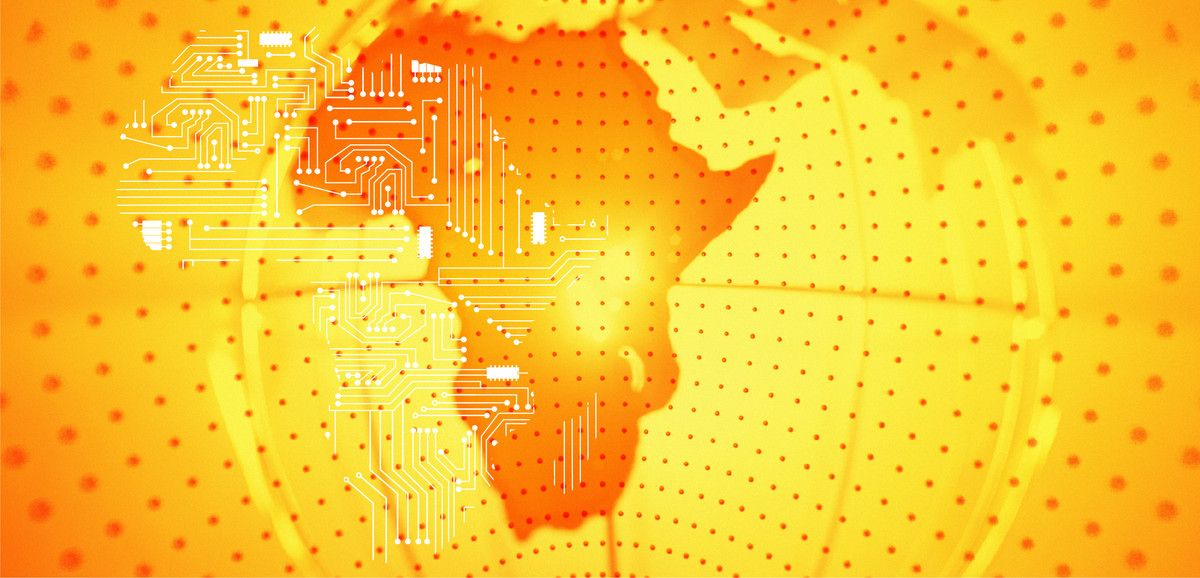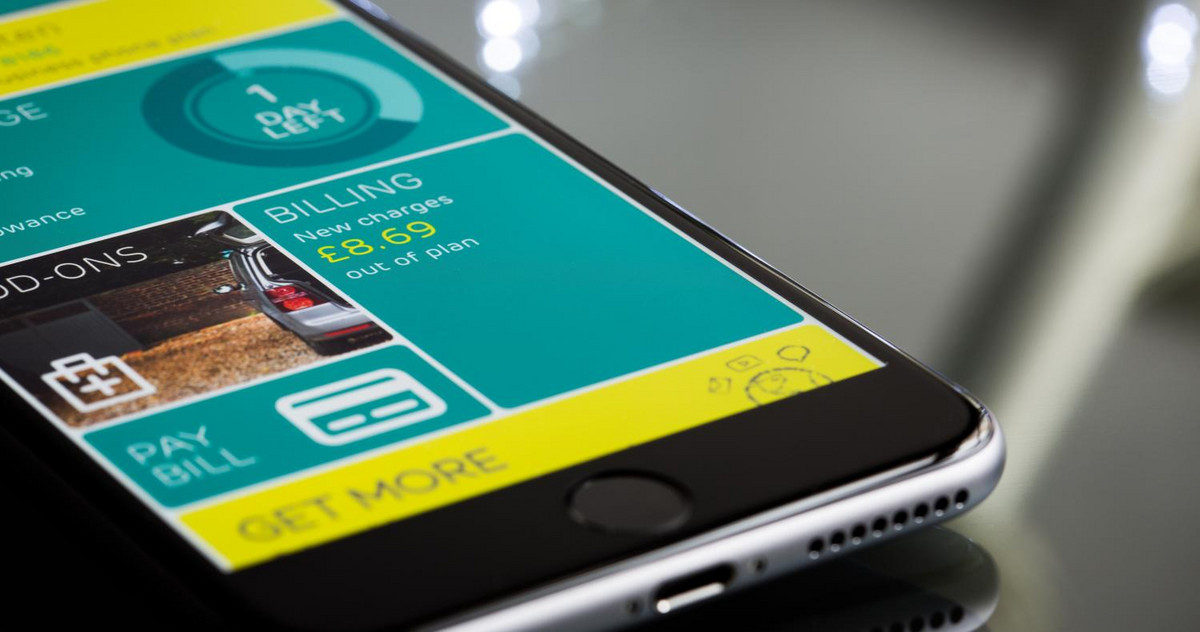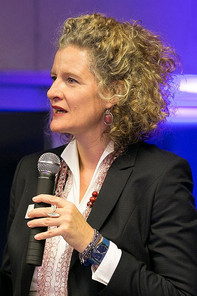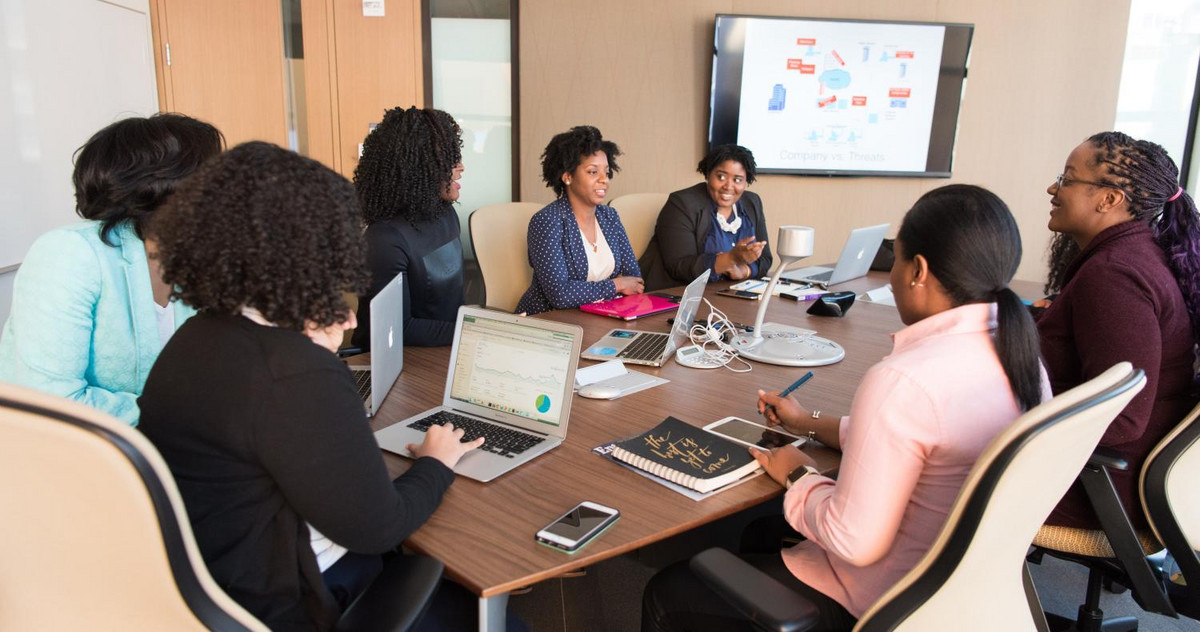Overview
Recommendations
Next Steps
Social media
Africa close-up starting in 2019
Entrepreneurship and digital transformation in East Africa: In collaboration with Africa expert Hans Stoisser, Managing Director of ECOTEC, the WU Executive Academy will, for the first time, organize a unique learning journey to Silicon Savannah, the emerging region around Nairobi, for its students and alumni. The trip will take place from September 23 to 26, 2019.

We in the West tend to associate Africa with wars, conflicts, corruption or disasters. This is synonymous with doing an injustice to the 1.2 billion people living there because for several years the countries south of the Sahara desert, in particular, have seen fundamental change, driven by globalization and digitalization.
“While as recently as some years ago many African countries used to be economically isolated, today their digital and physical networks are exponentially growing,” says Hans Stoisser, Managing Director of ECOTEC, a management consultancy. For 20 years, he has been active on the African continent to help his clients.
Africa is the first “mobile-only” continent: 60% of its 1.2 billion inhabitants own a mobile phone, and an ever-increasing number of people have access to new technologies via their phones. Complex problems get solved in simple ways: Kenyan telecom provider and global market leader M-Pesa enables its 30 million active users not only to make telephone calls over its network but also to use their mobile phones as bank accounts. Making money transfers as well as payments at supermarkets, pharmacies and shops with one's mobile phone and taking out loans via additional apps opens up undreamed-of opportunities. Nowadays, the transactions effected through the payment service account for roughly half of Kenya's economic output. Innovative solutions have also been developed when it comes to giving people access to electricity: Households in rural areas with absolutely no infrastructure whatsoever are, for instance, provided with solar micro generators and make lease payments for them via the units' built-in SIM cards.

Leap-frogging, i.e. the skipping of stages of technological development, also occurs in other areas. Just as landlines have been skipped in favor of more advanced mobile telecommunications technologies, and just as M-Pesa has done away with the need to roll out a network of banking branches, Zipline in Rwanda has another innovative example of leap-frogging to offer. Given the country's hilly topography and the lack of a fully developed road network, delivering medical supplies to remote regions is an enormous challenge. Zipline has come up with a technologically advanced solution to this problem: Drones operated by the start-up supply units of blood - so far nearly 12,000 have been delivered - to remote hospitals in Rwanda. They arrive at their destinations within 30 minutes after the blood has been ordered - by hospital staff members via WhatsApp.
What is more: Nairobi and Kigali have long since transformed into metropolises with rising middle classes and lively ecosystems of start-ups, modern co-working spaces and innovation hubs. “People in Europe are insufficiently aware of all these things - and of the enormous potential that exists in terms of business relationships between Europe and African countries and companies,” explains Hans Stoisser.
Hans Stoisser is eager to change this. Since January 2018, he has been offering learning journeys to the Kenyan capital in collaboration with the University of Nairobi's Living Lab. In September 2019, the four-day trip to “Silicon Savannah” will, for the first time, be organized exclusively for students and graduates of the WU Executive Academy. The idea for this special offering was born last year when dean Barbara Stöttinger participated in such a learning journey.

Barbara Stöttinger
I was impressed by the innovative strength and the agile mindset of the entrepreneurs we met during the trip. This journey has made me realize how much potential there is in African countries for fruitful business relationships and how one-dimensional a perception we still have of Africa in many respects. We are now looking forward to making this unique learning experience available to our students and alumni as well.
Over the course of four days, participants will be provided with insights, food for thought and plenty of opportunity to connect with businesses and experts on the ground. “First and foremost, the residency will be about learning from one another as equal partners,” says Hans Stoisser.
On the first day of their trip, participants will gain illuminating insights into the economic development of the African continent in general and Kenya in particular. Between 2000 and 2015, the economic output of the sub-Saharan countries tripled and the per-capita income doubled. Poverty was reduced from two thirds of the population to one third. The University of Nairobi will serve as a learning venue for participants, complete with opportunities for discussion.
Participants will have an opportunity to familiarize themselves with the innovative potential, the agile mindset and the start-up ecosystem in East Africa. In the region around Nairobi known as Silicon Savannah, some 500 tech start-ups develop innovative solutions to social, societal and ecological problems. Apart from visits to co-working spaces such as Gearbox or iHub, there is to be a field trip to M-Pesa, the world's leader in mobile banking.

Day three will allow participants to discuss entrepreneurship, innovation opportunities that are typical of Africa as well as urban solutions with experts, researchers and artists. Among other things, they are to travel to Kibera, a vast “slum” settlement located in the southwest of Nairobi, where they will be able to see for themselves not only how people use creativity and entrepreneurial resourcefulness to foster innovation in the face of severe poverty but also how they create successful start-ups in this environment.
China has already discovered Africa as a continent full of economic opportunities. But how can European and African businesses join forces and create value with a view to solving societal, social and ecological problems together? Apart from examining these topics, day four will feature field trips to handpicked European companies in Nairobi.
Moreover, the learning journey is to include a meeting with Bitange Ndemo, professor of entrepreneurship at the University of Nairobi's School of Business and formerly Permanent Secretary at the Kenyan Ministry for Information and Communication. Last but not least, a diverse social program, complete with a networking dinner and outings to Kenya's famous national park, will offer participants plenty of opportunity to connect with one another and with local Kenyan experts.